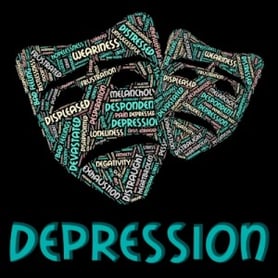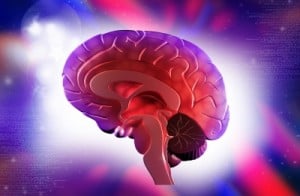
Depression is a mood disorder that affects daily functioning for those suffering. Feelings of sadness can make a person feel less interested in the activities they once loved. Getting through each day is a new challenge. Depression currently affects approximately 19 million Americans, yet there are still many myths associated with depression that prevent true understanding of the disorder. In order to help loved ones struggling with depression, knowing the truth about the disorder and debunking depression myths is key.
Myth # 1: Depression is a choice – Many people falsely believe if a person were to try hard enough, they could choose to be happy and not depressed. However, depression is caused by imbalances in the brain, and therefore cannot be stopped at will. Telling a person with depression to “suck it up” or to try to force themself to be happy does not work. In fact, it only adds unnecessary pressure to the situation. Depression requires treatment, and no one can choose to shut it off.
Myth #2: Depression isn’t a real illness – Often, depression is not outwardly visible, and therefore, it is thought to not be that serious or even a real illness. However, depression needs to be treated just as any real illness, because depression directly affects quality of life on a day to day basis.
Myth #3: Talking about it makes it worse – Although it may seem at first like talking about the issues surrounding a person’s depression may increase feelings of sadness, psychotherapy, otherwise known as talk therapy, has been proven to help! Seeing a therapist is an excellent way of treating depression. Therapists are professionally trained to understand and help a person deal with the issues appropriately.
Myth #4: An antidepressant is all that’s necessary to feel better – Although antidepressants may be helpful for some cases, medications do not always work best for every person. In addition to medication, try additional methods of treating depression. At Advanced Neurotherapy, we treat the whole person, meaning we offer psychotherapy, nutritional counseling (what a person eats directly affects mood), and neurofeedback, all of which do not require medications. If you have found an antidepressant that works for you, these additional methods can supplement what is already working.
Myth #5: You’ll need to be on medication forever – Sometimes medication is only needed for a period of time until the person has gone through the healing process. Neurofeedback works to diminish dependency on medication. Because neurofeedback treats the root of the problem by helping the brain to improve function healthily on it’s own, many people see a decrease in the necessity for medications.
Image courtesy of Stuart Miles at FreeDigitalPhotos.net







